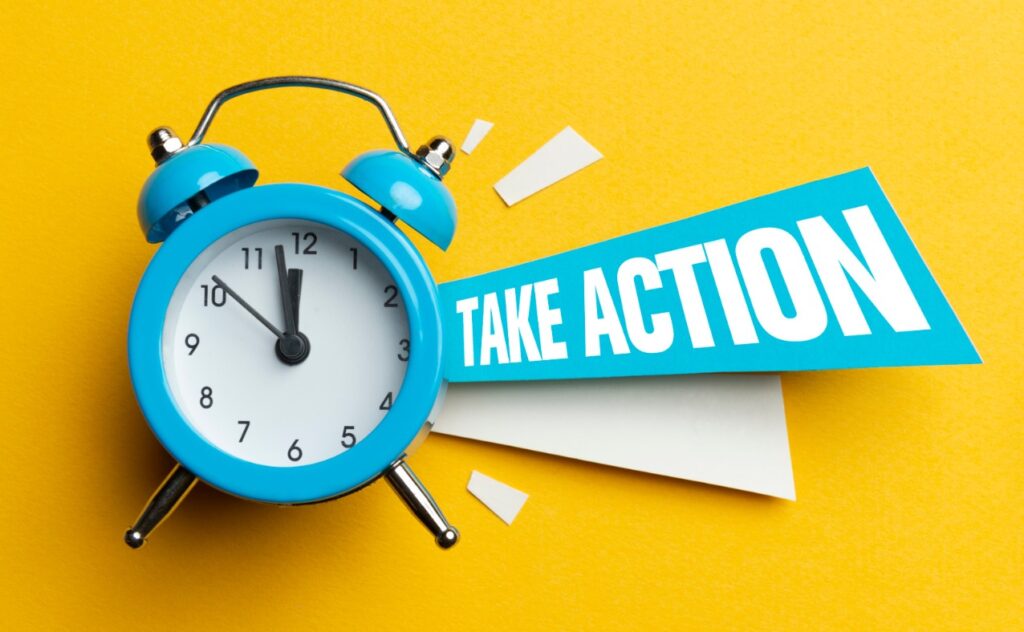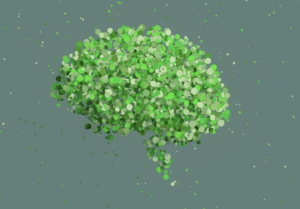Our brains are not equipped to deal with complex and abstract concepts such as climate change. When we feel threatened by the impending climate crisis, a normal reaction is to think that this is something that will not affect us in any significant way, at least for the time being. Then, more or less consciously, we choose to turn our attention to something else and put off dealing with climate change to another day. Even those of us who are highly engaged in the fight against climate change, there are times that we distance ourselves from it, mostly as a way of coping with the complex and sometimes overwhelming emotions that we experience when navigating this crisis.
Denial is a normal response to a perceived threat, but it can manifest itself in different ways. Luckily, we are past the days when there were hordes of people denying that climate change even existed in the first place. In truth, a small percentage of the population may still be disputing the science behind it, but these individuals are fewer and fewer, and their influence has virtually no traction on public opinion. What is still disputed, to a certain degree, are the causes behind the climate crisis and even so, there is the widespread recognition that regardless of its causes, we are faced with a crisis that is threatening the survival of life on Earth.

But there is a certain type of denial, that at some level, we have all experienced at one point or another. This kind of denial is called disavowal and is considered as a ‘soft’ denial, in the sense that, in the words of Britt Wray from Gen Dread we have “one eye open and one eye closed at the same time.” On one hand, we see what is happening in the world, but our actions do not match the severity of the problem.
Disavowal is connected to another form of denial, which is simply distancing ourselves from the problem. An economic strategy that we instinctively use when faced with a threat, distancing is the equivalent of running away from the threat. If a wild animal is charging towards us, we run to safety. Eventually the animal will leave. But distancing from climate change in an ineffective strategy because the threat will only go away is we actively eliminate it by changing our way of living.
Another form of denial is moral disengagement. This is when we convince ourselves that our behaviours are justified, such as lifestyles and choices of convenience, and that ethical standards of behaviours do not apply to us when it comes to climate change. For example, we continue our over-consumption habits, but we point to population growth in developing countries as the culprit for climate change. Moral disengagement is one of the most significant contributing factors as to why so many people still must actively engage with climate action.

Understanding denial, disavowal, distancing, and moral disengagement is crucial to overcoming the barriers that stand in the way of sustainability. But how do we move beyond an instinctual response that eventually will hurt us and put the denial ‘alarm bell’ to good use?
Step 1. Become aware of your type of denial. The first step is to gain awareness of when we are denying climate change and what kind of denial we are experiencing. Now that you know that there are various kinds of denial, the next time that you are faced with climate change, pay attention to your reactions. Are you turning the other way while feeling worried about it? Are you minimizing the gravity of the problem? Or are you justifying your lifestyle even if you know that it may hurt the environment? Being aware of your denial and labelling it is a fundamental step towards sustainability.
Step 2. Accept your denial without judgment. Be compassionate towards yourself and accept that feeling the way you do is normal. At one point or another, we all have felt this way. Feeling guilty about experiencing denial is not productive. Rather, it is important to remind yourself that it is urgent that we act, it is not too late start making changes that will help with the fight against climate change.
Step 3. Take individual and collective action. True, large corporations have tremendous responsibility, but so do we as individuals. Mass action against corporations and the polluting industry is critical, but it does not excuse everyone else from doing their part. We are tempted to believe that anything we do as individuals will not have any effect on climate change. But that way of thinking is flawed and does not account for the cumulative effect of collective actions. So, this third step is to start implementing small changes to your routines that will gradually lead to more sustainable lifestyles. Connect with likeminded people with whom you can share how you feel about climate change and who can support you as you implement changes in your life.
Climate change is a global crisis can be defeated only if we all take responsibility for it. Many of us cannot control how corporations function, or how policies are implemented. Furthermore, those of us who do not feel comfortable protesting side by side the climate activists, we can still do our part by making sustainable changes in our own lives.

is a climate change psychologist, child rights advocate and founder of Mochi4ThePlanet.






